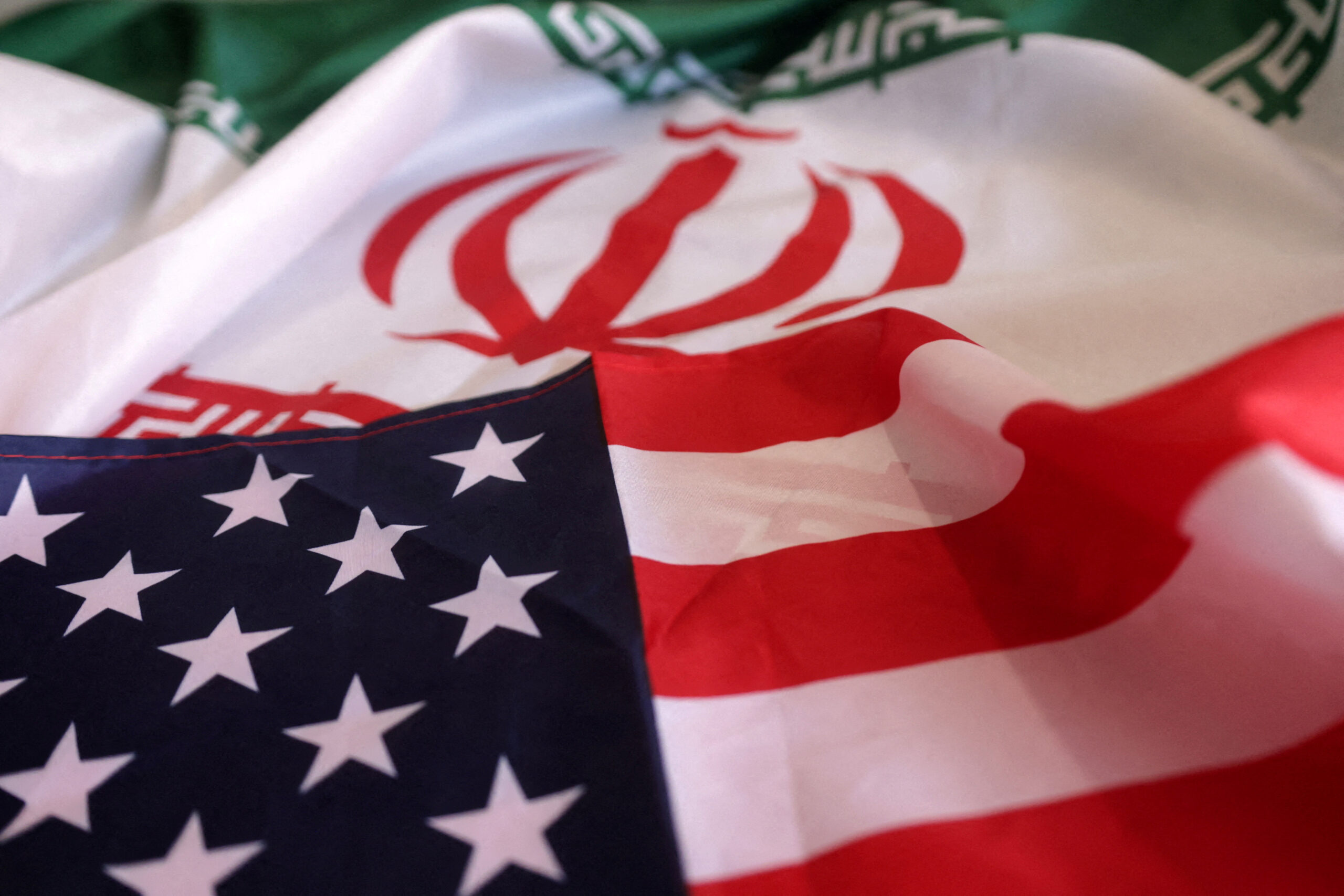Kamran Abdullah
International Jazz Day is a global celebration of jazz music that takes place annually on April 30 in over 190 countries. The event is chaired and led by UNESCO Director-General Audrey Azoulay and legendary jazz pianist and composer Herbie Hancock, who serves as a UNESCO Goodwill Ambassador and Chairman of the Herbie Hancock Institute of Jazz. The event’s focus is to promote peace, unity, and dialogue among people by highlighting the virtues of jazz music as an educational tool.
The upcoming International Jazz Day, to be celebrated on April 30, 2024, will be hosted by the city of Tangier, Morocco. This marks the first time that a city in Africa has hosted the event. Tangier is a city located at the crossroads of Europe and Africa with a rich history of jazz music and culture. Many renowned jazz artists have performed and spent time in Tangier, including the likes of Josephine Baker, Ornette Coleman, Archie Shepp, Herbie Mann, and Randy Weston.
The four-day celebration, which runs from April 27-30, will emphasize the city’s jazz heritage and highlight cultural and artistic ties between people in Morocco, Europe, and Africa. The event will include a series of education programs, events for students of all ages, and conversations about the history of jazz and its impact on Tangier. The All-Star Global Concert, the culmination of the celebration, will take place at the new Palace of Arts and Culture of Tangier and will be broadcast via YouTube, Facebook, and the United Nations to millions of viewers worldwide.
The All-Star Global Concert will feature performances by an international roster of artists from around the world. Confirmed artists include master Gnawa musician Abdellah El Gourd from Morocco, saxophonists Lakecia Benjamin from the USA and Moreira Chonguiça from Mozambique, singers Claudia Acuña from Chile, Shemekia Copeland, Dee Dee Bridgewater, and Jazzmeia Horn from the USA, pianist Tarek Yamani from Lebanon, Billy Childs from the USA, and Antonio Faraò from Italy, trumpeter Ambrose Akinmusire from the USA, and multi-instrumentalists Marcus Miller from the USA and Magnus Lindgren from Sweden.
International Jazz Day raises awareness in the international community of the virtues of jazz as a force for peace, unity, dialogue, and enhanced cooperation among people, as well as an educational tool. The event is a global movement, engaging people annually, on every continent, through education programs, performances, community outreach, and media coverage.
Jazz music is a genre of music that originated in the African-American communities of New Orleans, United States, in the late 19th and early 20th centuries. It is characterized by improvisation, syncopated rhythms, and a wide variety of musical techniques and instruments. Jazz has since evolved and spread across the world, with various sub-genres and styles emerging.
Jazz music has become popular worldwide due to its unique sound and style, which is unlike any other genre of music. Its improvisational nature allows for endless possibilities and creative expression, making it a favourite among music lovers and musicians alike. Additionally, jazz has a rich cultural heritage and history, which has contributed to its appeal and popularity.
The importance of jazz music in the musical world scene cannot be overstated. Jazz has been a major influence on many other genres of music, including rock, pop, and hip-hop. Its improvisational nature has also influenced the way musicians approach music, from composition to performance. Jazz has also played a significant role in promoting cultural diversity and understanding, as various cultures have influenced it and have, in turn, influenced many cultures around the world.
Furthermore, jazz has been an important tool for social change and activism. From the Civil Rights Movement in the United States to the fight against apartheid in South Africa, jazz has been used to promote messages of peace, unity, and equality. Its ability to bring people together and bridge divides has made it an important cultural asset and tool for positive change.
Overall, jazz music is a unique and important genre that has contributed greatly to the musical world scene. Its influence and impact on music, culture, and society cannot be ignored, and it continues to be a beloved and celebrated genre around the world.
Jazz music is a universal language that has the power to break down barriers and create opportunities for mutual understanding and tolerance. It is a symbol of unity and peace, reduces tensions between individuals, groups, and communities, fosters gender equality, and reinforces the role youth play in social change. The spirit of openness and inclusivity that jazz embodies calls on all of us to look past our differences and come together in harmony.
International Jazz Day is an important international art form that promotes peace, dialogue among cultures, diversity, and respect for human rights and human dignity, eradicating discrimination, promoting freedom of expression, fostering gender equality, and reinforcing the role of youth in social change. Jazz music is a powerful tool for building more inclusive societies and celebrating the rich cultural heritage of communities across the globe. International Jazz Day is a global celebration of jazz music that takes place annually on April 30 in over 190 countries. The event is chaired and led by UNESCO Director-General Audrey Azoulay and legendary jazz pianist and composer Herbie Hancock, who serves as a UNESCO Goodwill Ambassador and Chairman of the Herbie Hancock Institute of Jazz. The event’s focus is to promote peace, unity, and dialogue among people by highlighting the virtues of jazz music as an educational tool.
International Jazz Day raises awareness in the international community of the virtues of jazz as a force for peace, unity, dialogue, and enhanced cooperation among people, as well as an educational tool. The event is a global movement, engaging people annually, on every continent, through education programs, performances, community outreach, and media coverage.
Jazz music is a universal language that has the power to break down barriers and create opportunities for mutual understanding and tolerance. It is a symbol of unity and peace, reduces tensions between individuals, groups, and communities, fosters gender equality, and reinforces the role youth play in social change. The spirit of openness and inclusivity that jazz embodies calls on all of us to look past our differences and come together in harmony.
Lastly, International Jazz Day is an important international art form that promotes peace, dialogue among cultures, diversity, and respect for human rights and human dignity, eradicating discrimination, promoting freedom of expression, fostering gender equality, and reinforcing the role of youth for social change. Jazz music is a powerful tool for building more inclusive societies and celebrating the rich cultural heritage of communities across the globe.
Please, subscribe to the YouTube channel of republicpolicy.com

















